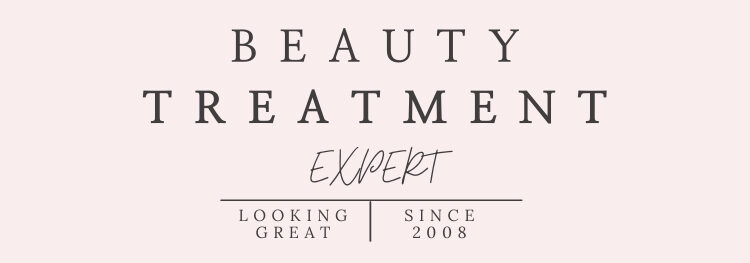Complementary therapies are big business in the UK, and the popularity of well-established therapies like osteopathy or acupuncture is matched by the ingenuity of some of the newer, more exotic disciplines that seem to be appearing on clinic leaflets all over the country. So how can you tell the good from the bad?
Government Studies
Back in 2000, a House of Lords Select Committee carried out a study into complementary and alternative medicine, and they came to the conclusion that most therapies are safe, although acupuncture, osteopathy, chiropractic and herbal medicine could be dangerous if not used correctly. Their biggest worry was that people might rely on the ‘diagnosis’ of an alternative therapist instead of seeking help from their GP if they had a serious illness.
Plans for a Watchdog
Most complementary therapies aren’t subject to any form of industry regulation, so although the vast majority of practitioners are reputable, there will always be charlatans. In January 2008, it was announced that a range of complementary therapies would be regulated by a new body.
The Natural HealthCare Council sets standards, but membership of the body is voluntary. Practitioners don’t have to register – but anyone who chooses to has to meet entry requirements, be properly qualified, and sign up to a set of professional standards. If the standards are breached, they can be removed from the list.
Who is Regulated by Law?
There is a so-called ‘big five’ of complementary therapies, which all satisfied the Select Committee back in 2000 of their professional standards, training and evidence of effectiveness. These five were:
- Acupuncture
- Herbal Medicine
- Chiropractice
- Osteopathy
- Homeopathy
Of the five, osteopathy and chiropractice are the most tightly regulated, as it’s actually illegal to practice either without being a member of either the General Chiropractic Council or the General Osteopathic Council. If you are considering having either of these, check their membership first.
Homeopaths are working towards regulation, although some are currently ‘medical’ and some ‘non medical’ which can be confusing. Contact one of the professional bodies if you want advice about a specific homeopath – The Society of Homeopaths has a free register of homeopaths in your area.
Acupuncture is also unregulated although trying to work towards agreed standards. There are several bodies representing acupuncture, and the British Medical Acupuncture Society maintains a list of accredited therapists if you want to be on the safe side.
Herbalists are working towards regulation because they want to be able to carry prescribing herbs that may be affected by potential EU restrictions on herbal medicines. To find out about practitioners in your area, you can contact the National Institute of Medical Herbalists, whose website has a searchable online database of registered herbalists.
Don’t Confuse Complementary With Alternative
Complementary medicine is just that – it complements standard medicine and the two disciplines are supposed to work together. You should always see your GP first, if you have any unusual or troublesome symptoms that don’t have an obvious cause. This means that you get an official diagnosis which you can speak to any complementary therapist about, as well as making sure that nothing serious is missed. Never stop taking a medicine prescribed by your doctor without seeking advice first.
Any complementary therapist who tells you that they can cure your condition completely, or who advises you to stop taking prescribed medication, is worth avoiding – and ignoring. Complementary therapies really can help with some conditions, and whether or not the effect is proven or placebo, as long as it does no harm, it has to be a good thing!
